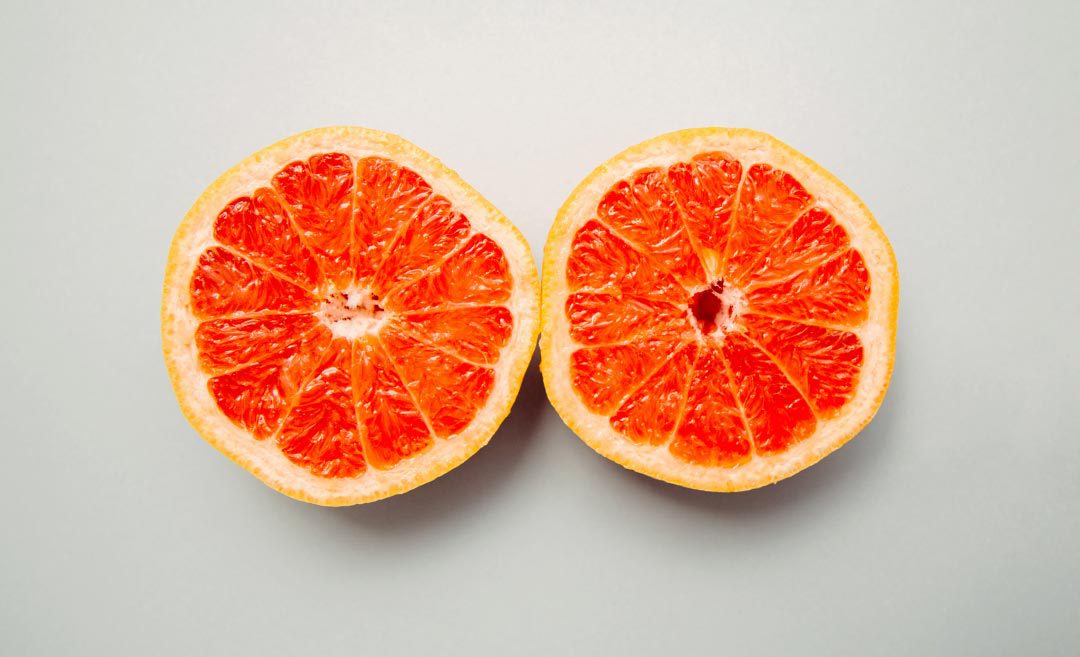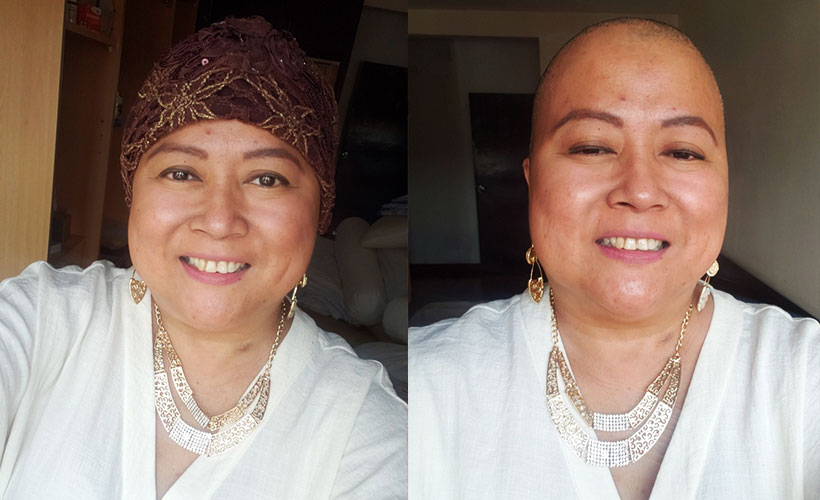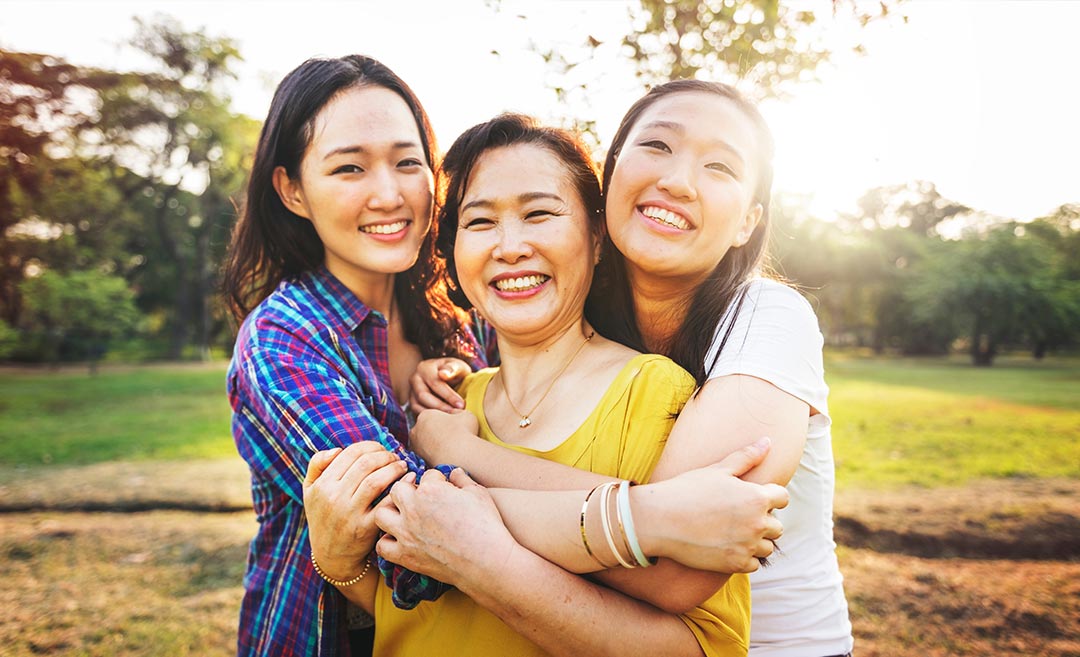Long designated as Pink Month, October is when we increase awareness of breast cancer – how prevalent it is, what this disease can do, and how our own efforts can help early identification. Breast cancer is the most common form of cancer affecting Malaysian women, and while genetics play a massive role in diagnosis, lifestyle choices can affect us too.
Research has shown that lifestyle factors play a massive role when it comes to breast cancer, so to better protect yourself and significantly decrease the risks, here are some recommended things you can do for your breast health.
1. Complete that exercise ring

It’s no secret that exercising helps with everything – from keeping you physically healthy and mentally to shrinking fat cells. A high level of hormones linked to certain cancers comes from oestrogen, which derives from fat cells, so you can already see the link here.
It’s recommended that you clock in at least 150 minutes of moderate workout per week, and it’s best if you spread that out during the seven days. If you’re not a fan of indoor cardio, go for a walk for half an hour every other day, and that’s more than good enough!
2. Maintain a healthy weight
Being overweight brings about all sorts of diseases, including breast cancer, so keep lean and maintain a healthy body mass index (BMI). Though BMI may not be 100 percent accurate, it’s still a better calculation to rely on as opposed to just standing on the weighing scale.
3. Eat more produce
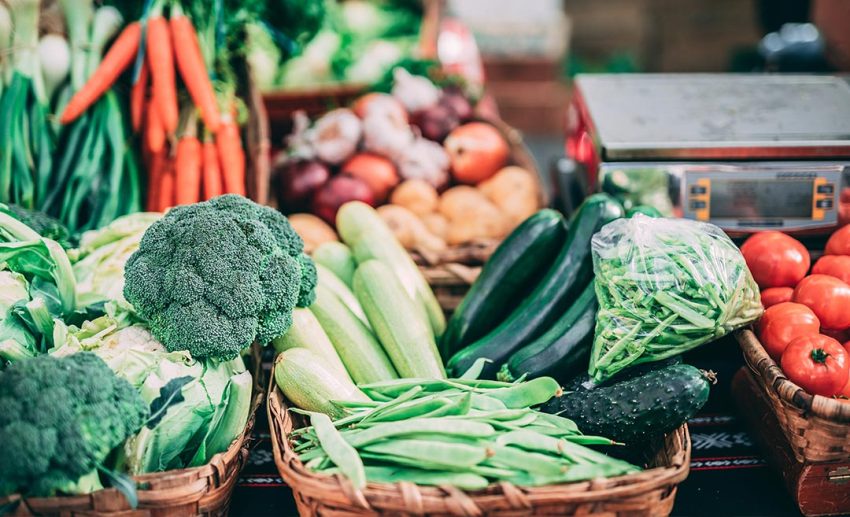
As it turns out, eating more fruits and vegetables can help keep cancer at bay. Why? Well, plenty of research has shown that produce is rich in carotenoids, which are natural pigments serving as antioxidants. The recommended amount is at least two and a half cups of fruits and vegetables daily, so go crazy on those berries! As for vegetables, the greener, the better.
4. Limit bad fat
Not all fats are bad, and the ones you should steer clear off are foods like red meat, fatty deli meats, full-fat dairy, fried food, margarine, and poultry skin; the list goes on, so be sure to do more research.
5. Allow the good fats
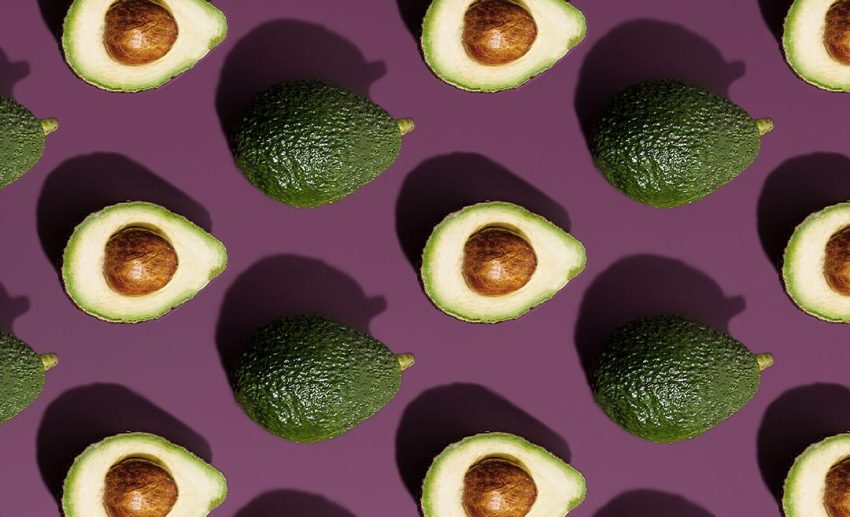
Polyunsaturated and monounsaturated fats are considered good kinds of fat. These can often be found in foods such as olive oil, nuts, natural butter, and avocado, to name a few. For example, avocados are an excellent source of vitamins C, E, K, and B6. Not to mention its high levels of healthy fat content will keep you full for longer!
6. Limit or give alcohol up
We believe everything in moderation is the key to a healthy and happy life, so you don’t necessarily have to throw those bottles of wine at home, but maybe limit yourself to a few glasses a week instead of one or two a day. Studies have shown that women who drink more are at higher risk of developing breast cancer than those who don’t.
7. Cultivate the power of de-stressing

Stress is an aggressor to the body and can do more harm than you can ever imagine, so even though life gets busy, it’s imperative to slow down and make an effort to de-stress. There are myriad ways to do it, so find out what works for you. It could be catching up on a series on Netflix or doing something outdoorsy, but whatever it is, remember to slow down and do ‘nothing’.
8. Get that exam done
While self-exams help lowers the risk of breast cancer, it’s important to see your doctor for examinations regularly. For women in their 20s and 30s, it’s recommended for you to get one every three years, and yearly exams for women in their 40s and 50s.
Though if you’re seeing or feeling changes in your breasts, visit your OB-GYN as soon as possible. Different ages also require different sorts of tests; for example, those in their 20s and 30s often only need clinical breast exams, while those in their 40s and 50s are recommended to get both mammograms and clinical breast exams. Be sure to inform your doctor if any immediate family has breast cancer.
9. Moisturise is king
This may come as news to some women, including myself, but our breasts require ample moisturizing because they consist of thin and delicate skin. Like the rest of your body, the skin on your breasts can become itchy, dry, and sensitive. So, when you’re applying lotion, make sure not to neglect the gals. If you’re outdoors in the sun, apply extra sunscreen to protect them from harmful UV rays.
10. Be supportive!

There’s no doubt that as women age, our breasts tend to, quite literally, head south. With gravity always at play, there comes a point where there’s no fighting it. However, one way to slow down this process is by having the proper support, which means wearing the correct bra.
Interestingly, statistics show that 80% of women wear the wrong size, which is surprising considering we wear them daily. If you lead an active lifestyle, make sure your sports bras are up to par. A general rule of thumb is to replace your regular bras every three months and your sports bras every six months.
11. Research family history
If any family member on either side has ever had any form of cancer, you should undergo genetic testing. Genetics play a significant role in this type of disease. Therefore, determining whether or not you carry the ‘breast cancer gene’ may provide peace of mind and enable you to make more informed health-related decisions and lifestyle changes.
Editor’s note: Any information by Zafigo is no replacement for medical advice by a healthcare professional, and consult with your doctor should you seek any diagnosis or treatments.

